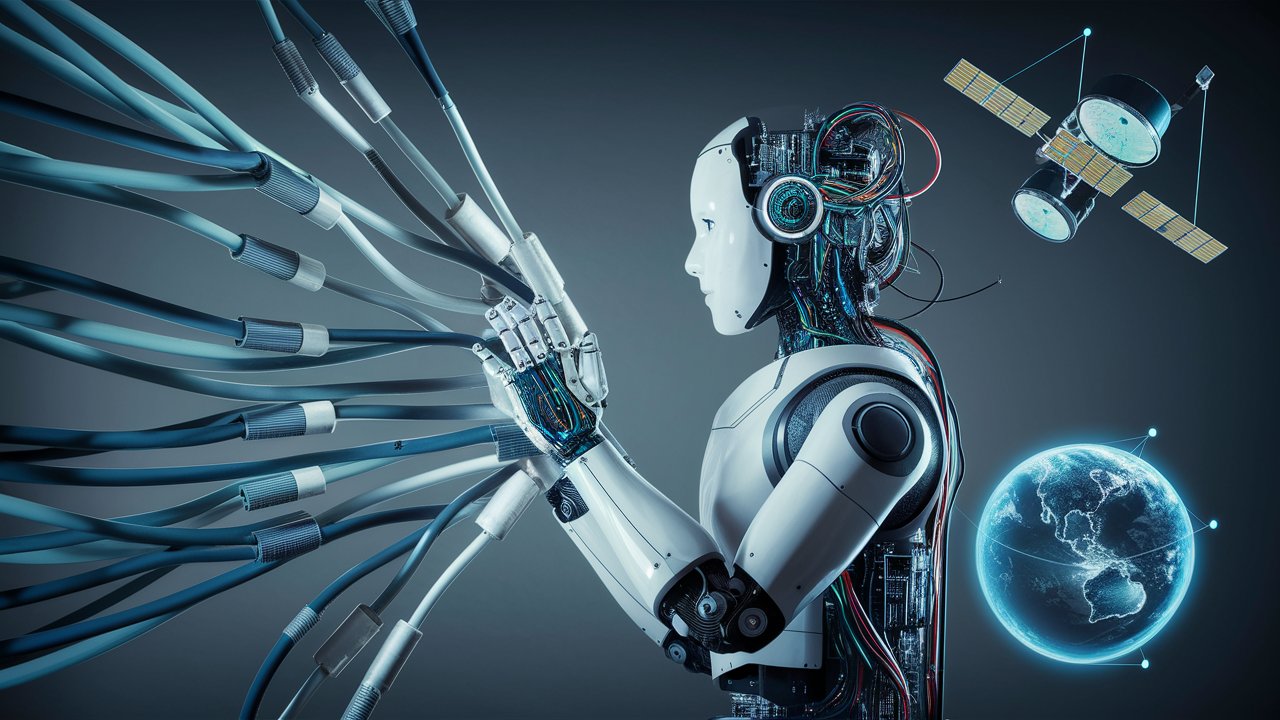2. Write a short note on artificial intelligence. (b) Write short notes on: (2½ each) (i) Fibre Optics (ii) Global Positioning System.

a) Artificial intelligence (AI) refers to the development of computer systems that can perform tasks that would normally require human intelligence, such as visual perception, speech recognition, decision-making, and language translation. AI technology is based on machine learning, which involves the use of algorithms and statistical models to analyze data and learn from it, without being explicitly programmed. The main applications of AI include natural language processing, image and speech recognition, robotics, and autonomous vehicles.
AI has the potential to revolutionize various industries, including healthcare, finance, and transportation, by enabling more efficient and accurate decision-making, improving customer experience, and reducing costs. However, there are also concerns about the ethical implications of AI, including the potential for bias and discrimination, privacy and security issues, and the impact on employment.
b) (i) Fiber optics is a technology that uses thin, flexible fibers made of glass or plastic to transmit data in the form of light pulses over long distances. Fiber optic cables are used in telecommunications networks, where they provide high-speed data transfer, low latency, and immunity to electromagnetic interference. They are also used in medical equipment, military communication systems, and industrial applications.
The main advantages of fiber optics include higher bandwidth, faster data transfer, longer transmission distances, and lower signal attenuation compared to traditional copper cables. However, fiber optics can be more expensive to install and maintain, and may require specialized equipment for installation and repair.
(ii) The Global Positioning System (GPS) is a satellite-based navigation system that provides location and time information anywhere on or near the Earth’s surface. The system consists of a network of satellites, ground stations, and receivers that use radio signals to determine the location, velocity, and direction of objects on the ground.
GPS technology is used in a wide range of applications, including navigation for aircraft, ships, and vehicles, surveying and mapping, geolocation services for mobile devices, and scientific research. The system provides highly accurate and reliable location data, but can be affected by atmospheric conditions, obstructions, and signal interference. The GPS system is operated by the United States government, and there are also other satellite navigation systems, such as GLONASS and Galileo, operated by other countries.